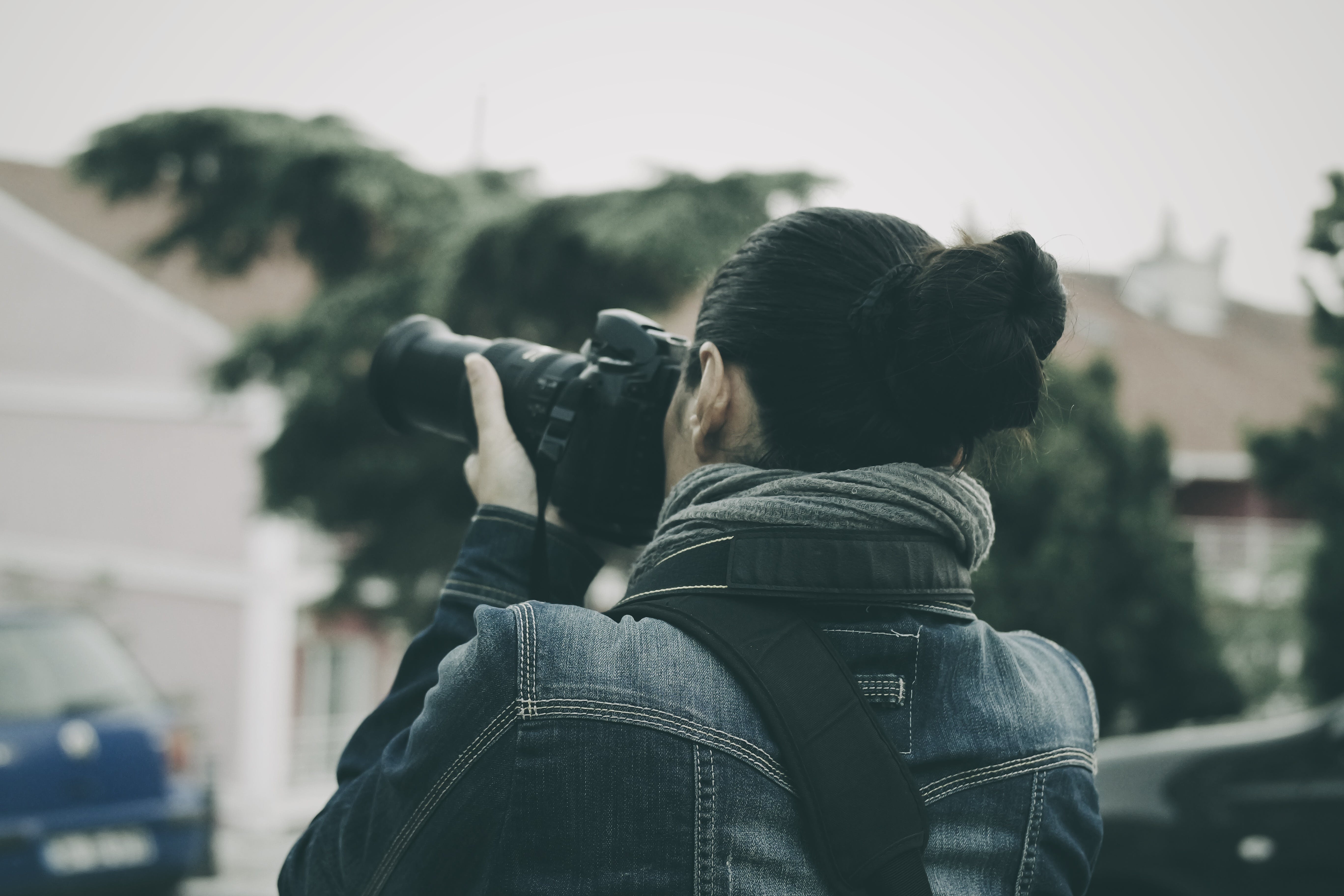Powerful diction, blown-out hair, and tidy makeup are trademarks belonging to the first Asian American news anchor on “CBS Evening News,” Connie Chung. After her debut in 1993, a slew of film studios and news stations began casting Asian American women as news anchors, according to the 1988 documentary “Slaying the Dragon.” Directed by Deborah Gee, this film unpacks the history behind various media tropes attached to Asian American women.
The Connie Chung trope stands out to me, especially in comparison to the other tropes attached to Asian American women like the sleek Dragon Lady and docile Lotus Blossom. This trope isn’t about sex appeal or submission as commonly depicted in media; this new portrayal of Asian women was the closest we’d ever been to accurate representation. We became individuals, no longer just exotic beings. Chung, who has won three Emmys, was one of the first Chinese Americans featured on national TV. I learned about her two years ago and have kept a mental note of her legacy ever since. Keeping track of each Asian icon who pursued the arts or media reassures me that my future still holds something tangible – despite not being enrolled in a more “practical” major.
I am a Vietnamese American woman majoring in English and interested in journalism. That simple statement feels like a revolutionary confession. Older generations of Asian Americans are much more supportive of future doctors and lawyers – not journalists and writers.
I am an intern for the Daily Bruin’s PRIME Magazine and the APIDA Newsmagazine, Pacific Ties. According to UCLA’s “Facts and Figures,” 35% of the undergraduate student body is Asian, but I only see one other Asian member at our weekly PRIME meetings. Before I transferred to UCLA, I attended Fullerton College, a community college in Orange County, California. In fall 2020, 15% of the Fullerton College student body was composed of Asian students. I was the only Asian student in the newsroom during the fall of 2023.
Cultural norms within the Asian American community promote a disinterest in humanities-based careers. This is a direct result of the Model Minority Myth and capitalistic pressures. This myth puts Asian Americans on a pedestal; the Asian community is dehumanized every time someone – Asian or not – perpetuates the idea that we are inherently “good at math” or “hard workers.”
Attributing our achievements to something biological discredits the Asian community while belittling other races, particularly the Black community. According to Kat Chow’s article for NPR’s “Code Switch,” the myth gained traction due to a belief that Japanese Americans were able to socially recover quickly following internment while the Black community had been unable to for centuries. The myth portrays Asians as the “acceptable” minority in America. It is necessary to consider who is painted as “unacceptable” under this ideology.
It is pathetic to try and live up to the Model Minority Myth; by attempting to appeal to whiteness, we are also preventing the building of solidarity with the Black community. It is shameful to think we have spent generations trying to please the people who asked if we ate dogs while mocking our accents.
To maintain the perceived social status of our community, many of our parents advocate for us to pursue stable, impressive careers. (Plus, what’s the point of immigrating to a new country just for your kid to be a writer?)
When Asian Americans enter creative spaces, we hold the power to reconstruct our narratives. We cannot ask non-Asians to see us as more than tropes if we are actively perpetuating our own stereotypes.
I doubt that many Asian American students actively seek out creative opportunities like magazine writing due to discouragement from our community. Compared to other ethnicities, Asian & Pacific Islander students make up the largest fraction of UCLA undergrads. Yet, I usually have to explain the premise of our publication when I tell people about my role at Pacific Ties. Creative, outspoken spaces like ours exist, but our voices are only being heard by a few hundred followers on Instagram.
To even be deserving of a creative outlet, young Asian people have to be explicitly successful. It’s okay to play the piano and perform at Carnegie Hall, but it’s less admirable to create amateur short films on your iPhone. We can become animators for famous companies, but no one will revere you for writing a column for your high school paper.
When I simmer in the isolation that comes with being an Asian American student interested in writing, I think of Connie Chung who inspired a chain of look-alikes and namesakes. I share all the details I know about her with anyone who will listen because she makes my goals seem tangible to those who still question why anyone, especially Asian Americans, avoids the STEM industries. We need more Asian American writers, filmmakers, and artists if we have any actual goal of reshaping our community’s reputation. When I write about the Asian American community, I’m writing for the other Asians who also dream of a world that remembers Connie Chung.
Featured Image: “Person Holding Black Dslr Camera Wearing Blue Denim Jacket” by Burak The Weekender is licensed under Pexels.

Comments are closed.